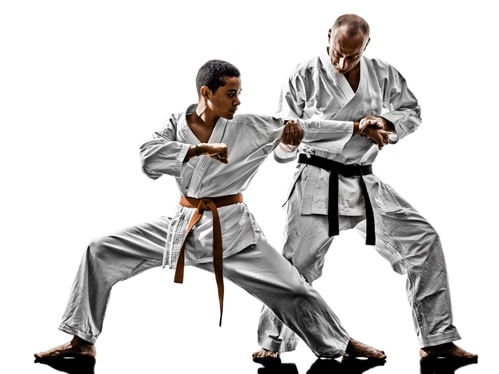Are you ready to start teaching martial arts?
There comes a time in each martial artist’s training to begin teaching other students. While this doesn’t mean that the artist has mastered everything there is to know. It does mean that he or she has sufficiently honed the skills to pass knowledge down to the next generation of martial artists. It’s an exciting and intimidating time, but here’s what to know when you begin making the transition from student to teacher:
Private instructors need students
If you’re choosing to teach privately, rather than setting up shop in an already-established dojo, you’ll need to attract clients. If you’re active in your area’s martial arts scene, this probably won’t be too difficult, but starting up in a new town can make getting the business up and running challenging. Consider investing in advertising to spread the word, and network with other martial artists in the area. Retaining martial arts students is also a crucial element when you’re just starting out. If you’re only familiar with a certain variety of martial arts, you may want to partner with another instructor who’s well-versed in areas that you aren’t.
What’s your style?
Do you take the practice and its philosophies very seriously? Have you considered martial arts an exciting way to get in shape? Do you fall somewhere in the middle? It’s important to consider how you personally feel about the craft before you begin teaching it. Some studios take the philosophy very seriously while others think of it more as a fitness activity, so they’re likely looking for instructors whose views are in line with theirs. If you’re looking to teach privately, potential students will also want to know your teaching style before they delve into a training session.
It’s more than just martial arts
An instructor doesn’t just show up to his or her client or dojo, teach a class, and go home. In fact, there are many tasks that many new instructors don’t realize are part of their jobs. According to the National Career Service, in addition to teaching your martial arts classes, as an instructor, you’ll have to develop lesson plans and training programs, assess your students’ progress to ensure they’re ready for their belt promotion and market your services, all while keeping your own skills sharp.
